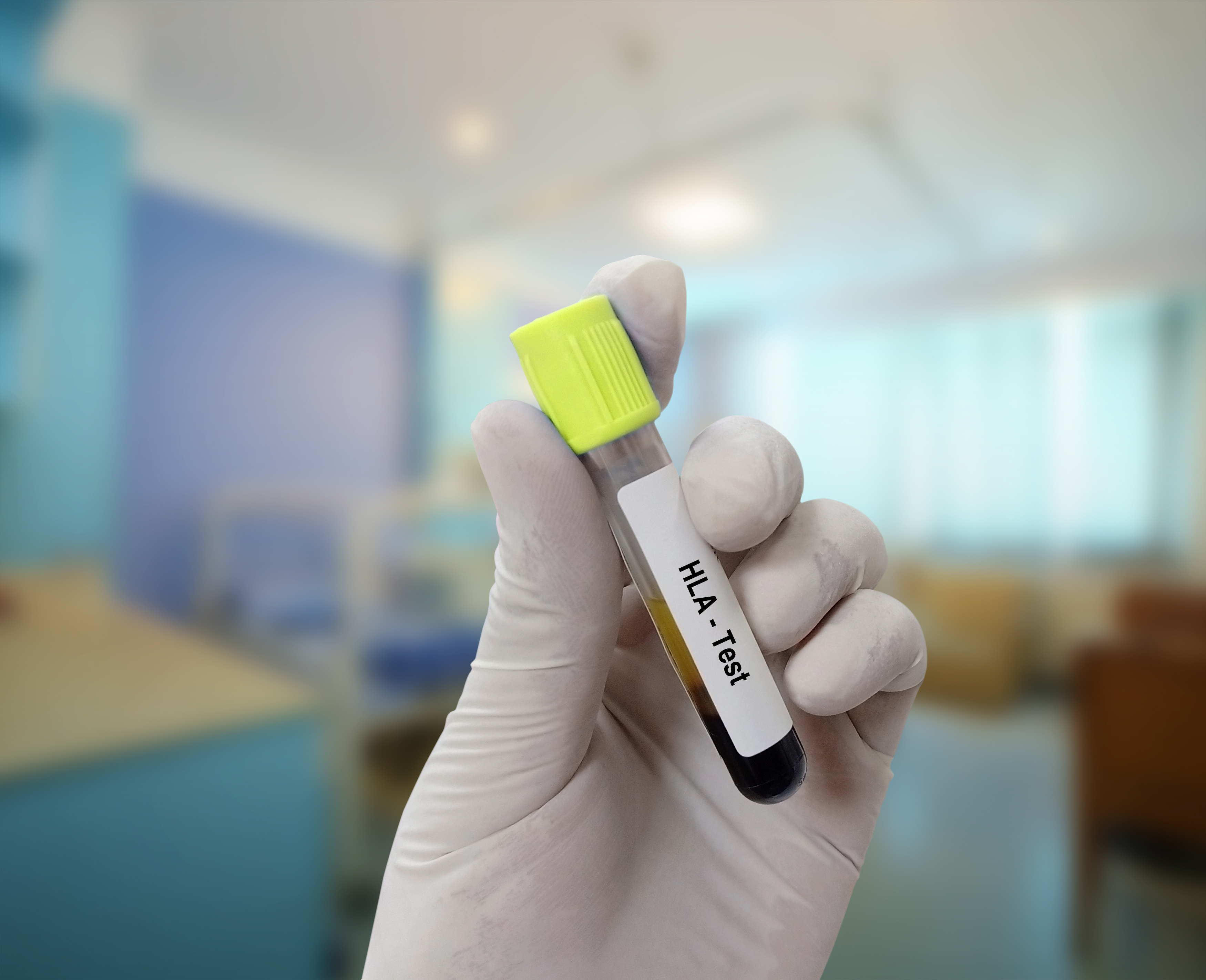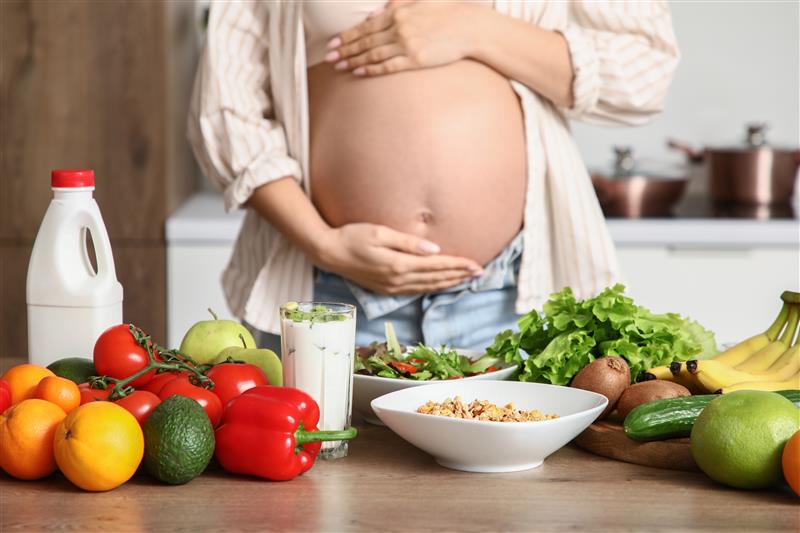Best Fruits to Eat During Pregnancy
.jpg)
A healthy diet is essential to an individual's general well-being because it lowers the risk of certain diseases and promotes the body's effective functioning.
Eating a balanced diet that includes plenty of fresh fruits during pregnancy may help to keep both the lady and the baby healthy. Fresh fruit contains loads of essential nutrients and vitamins and is an excellent source of fibre as well.
Let us discuss which are the best to have on hand. Remember, canned and frozen fruits and vegetables are often equally as nutrient-rich as fresh ones, so you do not have to buy them all at the farmer's market.
8 Best Fruits to Eat During Pregnancy
Enjoy these 8 fruits as included in a healthy pregnancy diet in salads, smoothies, over yoghurt, or simply as a snack at any time. You can also eat them to curb sugar cravings and increase your intake of vitamins.
1. Oranges
Oranges keep you hydrated. They are also an excellent source of folic acid, generally known as folate. Folate is an essential B vitamin that helps prevent neural tube abnormalities, which are malformations of the brain and spinal cord. American College of Obstetrics and Gynecology (ACOG) advised to take 400 micrograms (mcg) of folic acid daily before starting a pregnancy and at least 600 mcg daily during pregnancy.
2. Mangoes
An excellent source of vitamin C is mangoes. You can get all of your recommended daily amount in one cup. Mangoes are also rich in vitamin A. Deficiencies in vitamin A from birth are linked to weakened immunity and increased susceptibility to problems, such as respiratory infections and diarrhoea.
3. Bananas
Bananas are another excellent source of potassium. They also contain fibre, vitamin C, and vitamin B6. During pregnancy, constipation is more common. It could be caused by uterine strain on the intestines, stress, anxiety, a low-fibre diet, or iron in prenatal supplements. Adding fibre-rich bananas could help.
4. Apples
Apples are an important source of vitamin C and have a high fibre content. They also include pectin, potassium, and vitamin A. Pectin is known to be a prebiotic that feeds the good bacteria within your gut. Eat the peel if you want the most nutrients for your money, but make sure to clean it well first
5. Apricots
Apricots are rich in vitamins A, C, and E, as well as calcium, iron, potassium, beta-carotene, phosphorus, as well as silicon. Each of these nutrients aids in the growth and development of the baby. Calcium helps in the development of healthy bones and teeth, while iron can prevent anaemia.
6. Pomegranates
Pomegranates are a great source of protein, fibre, calcium, folate, iron, and vitamin K for pregnant women. Pomegranates are rich in nutrients and a wonderful source of energy. They also contain a lot of iron, which helps avoid iron deficiency. Pomegranate juice consumption may help lower the risk of placental injury, according to research.
7. Pears
Nutrients like fibre, potassium, and folate are abundant in pears. Getting enough fibre in your pregnant diet can help relieve constipation, a common pregnancy symptom. Potassium can help the mother's and the unborn child's heart health. Moreover, it promotes cell regeneration.
8. Guava
Guava is a great fruit for people who want more of the following nutrients, such as vitamins C and E, polyphenols, carotenoids, isoflavonoids, and folate. Because guava contains a variety of nutrients, it is a great fruit for pregnant women. Eating this fruit during pregnancy can help to ease constipation, relax muscles, and improve digestion.
How Much Fruits Should be Consumed During Pregnancy?
Eating at least five servings of fresh fruit and vegetables per day, with as much variation as possible, is advised for pregnant women. Fruit can be dried, frozen, canned, or fresh. By considering healthy pregnancy tips, one serving of fruit consists of:
- One piece of fruit, for fruits greater than the size of a tennis ball.
- A cup of freshly chopped fruit.
Bottom line,
Eating fruits during pregnancy is an excellent way to get enough nutrients. Vitamins, folate, fibre, and other nutrients found in fruits can support the health of both the mother and the unborn child. Some of the common pregnancy symptoms may also be reduced with the help of these nutrients. To get the most nutrients, aim for at least five different servings of fruits and vegetables per day during pregnancy.
Providing a safe future for your unborn child will undoubtedly be your top priority as a pregnant parent. Look into Cryoviva’s stem cell banking system to secure your baby’s future health. Preserving stem cells can be a useful tool for safeguarding your baby and whole family against more than 80 diseases in the future. Look into Cryoviva if you choose to bank your newborn's stem cells.










 Enquiry
Enquiry
 Email
Email Phone
Phone
 Whatsapp
Whatsapp